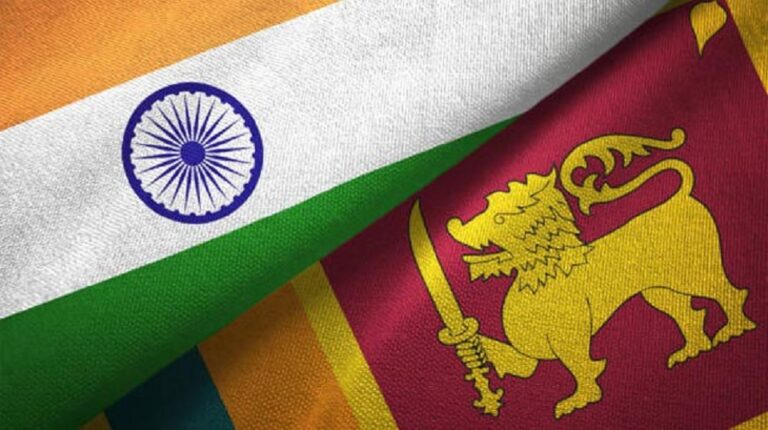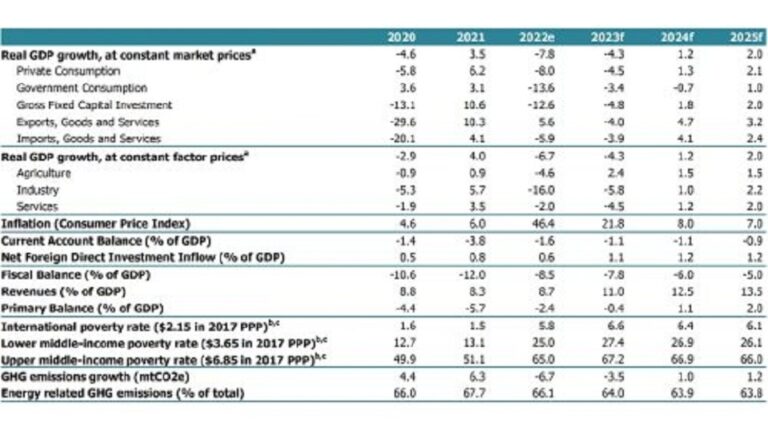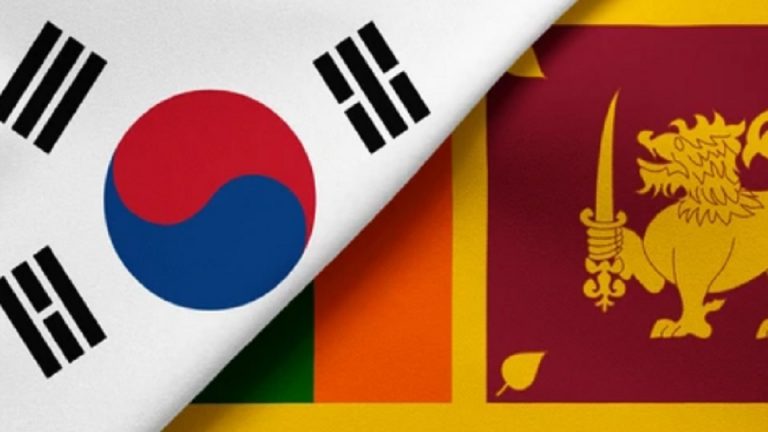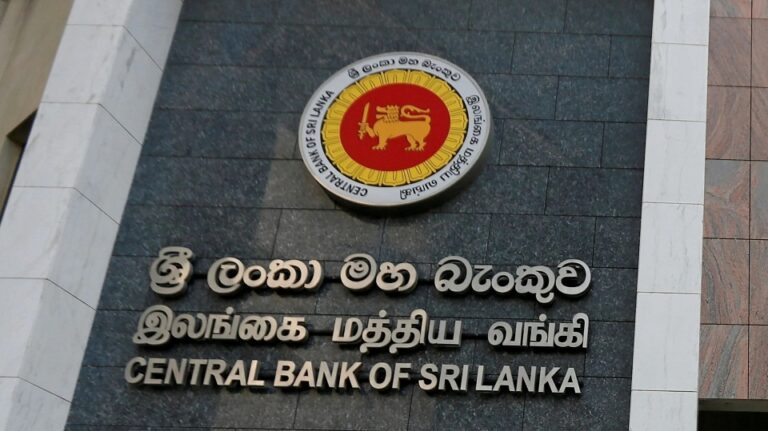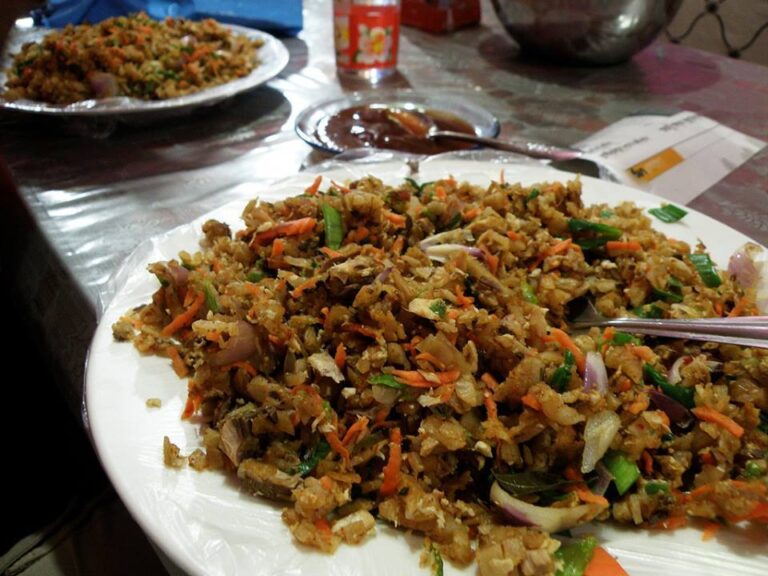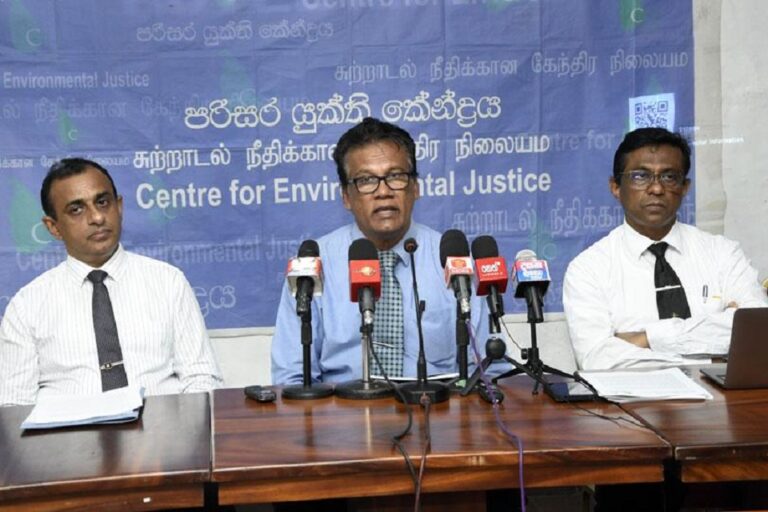Deputy High Commissioner of India, Mr. Vinod K Jacob participated in the Coordination Forum of Development Partners of Sri Lanka, chaired by Mr. Shehan Semasinghe, State Minister for Finance at the premises of the Treasury in Colombo on 4 April 2023. In his intervention, Mr. Vinod K Jacob welcomed the initiative of the Treasury and supported the proposal to convene such a Coordination Forum once in six months. He stated that India had steadfastly supported the people of Sri Lanka through the economic crisis as well as at the IMF and expressed hope that Sri Lanka will achieve early economic recovery.
2. Explaining the flagship development cooperation partnership between India and Sri Lanka, Deputy High Commissioner Jacob said that the engagement was based on the principles of South South cooperation between friendly neighbours. The projects are selected in line with the priorities of the Sri Lankan side and pertain to socio-economic sectors like the Indian Housing projects, 1990 Suwaseriya Ambulance, Kandyan Dancing Academy, SL UDI, fishery harbours, hospitals, schools and the like. The total development cooperation portfolio stands at USD 600 million and in the past 8 years, more than 20 projects have been completed.
3. Elaborating on the challenges faced, Deputy High Commissioner Jacob said that during the past few years import restrictions and capacity issues have impacted the pace of execution. Further, on some occasions lack of availability of local resources have been an impediment to progress. An unique characteristic of Indian projects are its reliance on Sri Lanka partners for supply of locally available and environmentally sustainable materials. India remains confident of jointly resolving these concerns with the Sri Lankan side.


